February 21, 2023
The Benefits of a House System
A ‘House System’ or ‘Houses’ stemmed from 19th-century British boarding schools, where pupils were literally housed in separate boarding houses, where they slept, ate and were cared for by House parents. Over time, these houses grew into a system of pastoral care and a sense of shared loyalty among member pupils.
What are modern House Systems like?
The House system today is a model of school organisation that groups pupils into separate units known as ‘Houses’. These aren’t’ necessarily literal houses, but they are metaphorical ones which create a cohesive environment with shared opportunities.
Houses often compete against each other in sports and academic competitions such as football, netball, swimming, poetry, chess, and photography. It allows teamwork, cohesion, and friendships to develop amongst pupils. Houses tend to be named after various things, from colours to compass points, geographical locations, animals, or even famous people.
At the Royal Grammar School Guildford in the UK, the six houses are named after important people from the school’s history:
- Austen
- Beckingham
- Hamonde
- Nettles
- Powell
- Valpy
Each of these Houses represents a prominent personality from Guildford, UK – each of whom made significant contributions to the school throughout the 500+ history. At the Royal Grammar School Guildford Dubai, we share these same Houses, which enables us to have direct links to our sister school back in Guildford, UK and further strengthens the bond between the schools. This year, we will be having our first ever international House competitions when pupils from Guildford will collaborate and compete against pupils in Dubai in order to win points for their respective Houses.
Pastoral Care:
Each House is organised and run by two House parents who deliver assemblies each half term to the pupils on one of the RGS Learning Habits or Values. Each member of staff within the school is linked to one of the Houses and attends the assemblies, which develops that bond between pupils and teachers.
In Year 6, there are House Captains who help to deliver the House assemblies with the House parent and assist in organising events, showing leadership skills and acting as a role model to the younger pupils.
Whilst at school, the pupils will have a network of adults who will support their pastoral needs within their year group; form tutors, subject teachers, heads of year, etc. However, the House system allows for a House Parent to see the growth and development of each member of their House as they move through the years within the school. It fosters an extra layer of pastoral care and support for each child, making them feel supported and appreciated in a different environment from their year group.
Mr Joe Creal
Assistant head, Upper Key Stage 2
RGS Guildford Dubai[/vc_news_content][vc_news_content section_padding=”pt-0 pb-0″ news_images=”%5B%7B%22news_image%22%3A%221240%22%7D%5D”][/vc_news_content]
